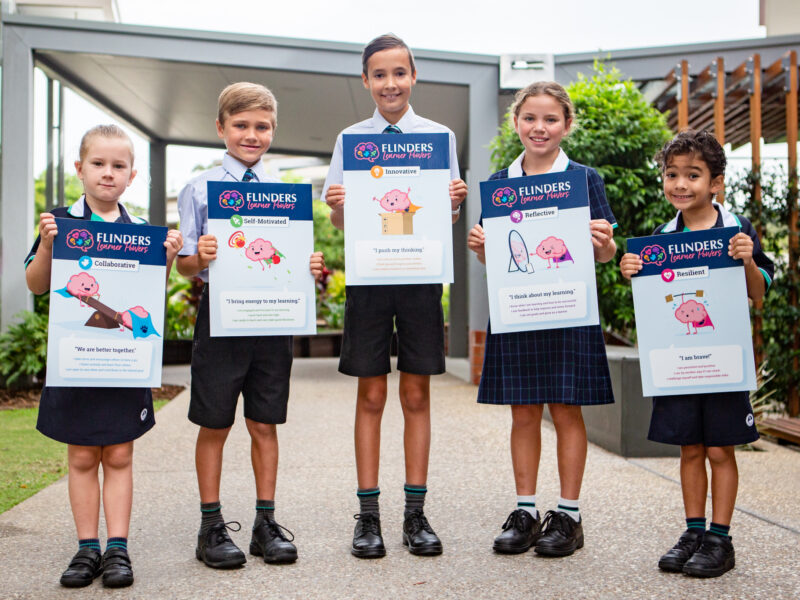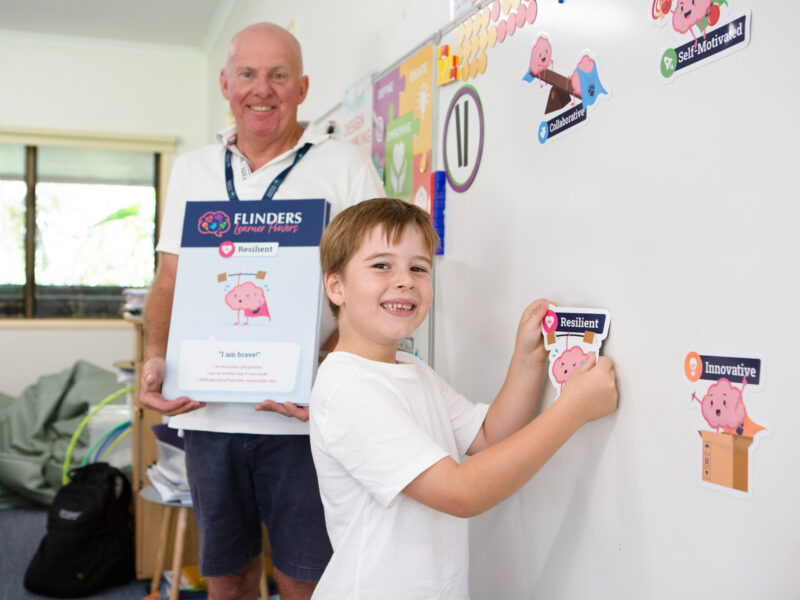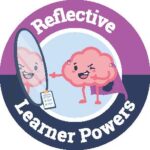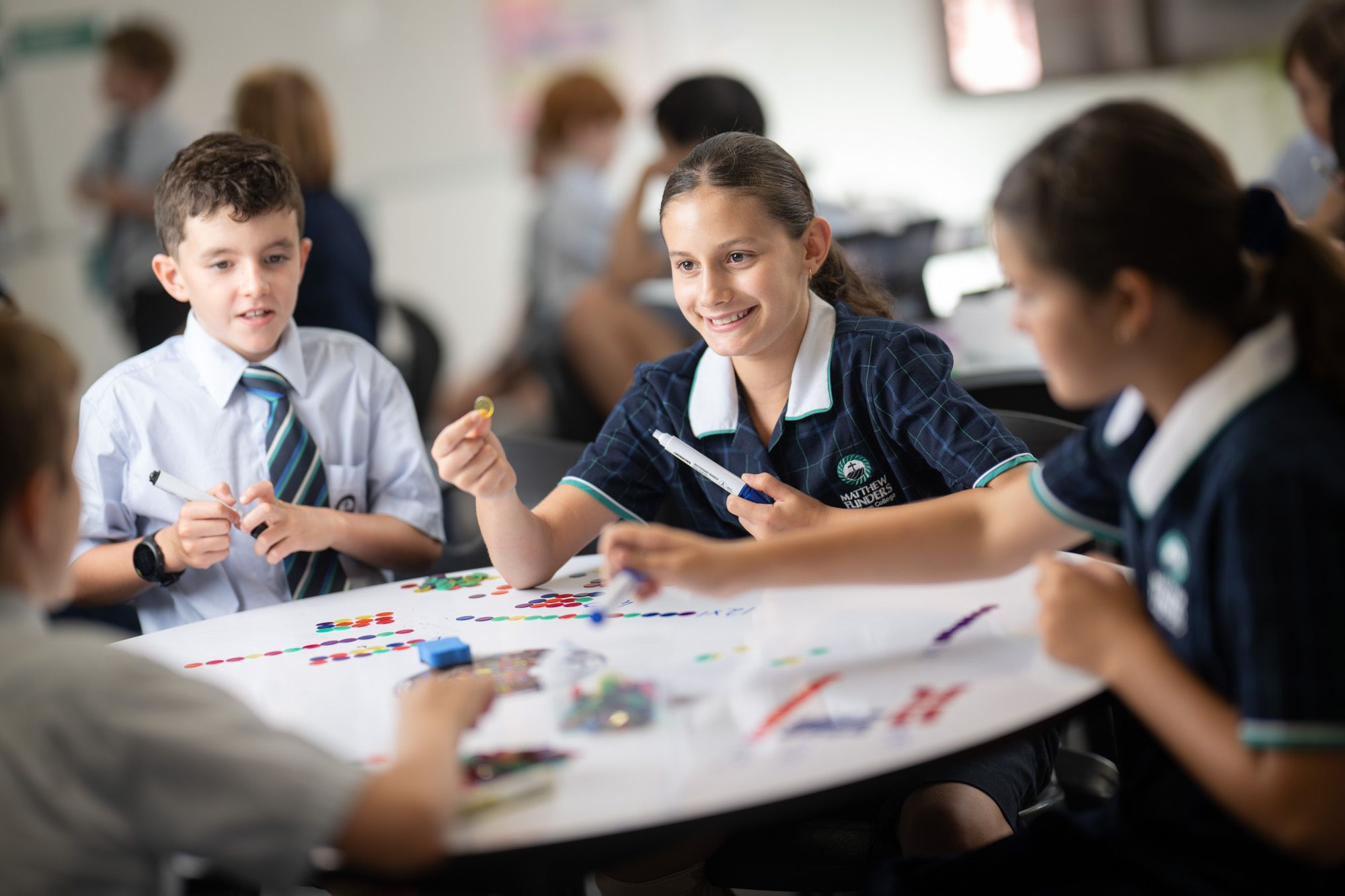Unpacking our Flinders Learner Powers - A Five-Part Series
The ‘Reflective’ Learner Power
By Mrs Trudi Edwards, Head of Primary
It is both heartening and exciting to see our Primary School students at Matthew Flinders Anglican College actively embracing our Learner Powers, which were introduced last year to focus on developing strong learning dispositions.
Throughout Term 2, members of our Primary team will be authoring a series of short articles addressing each of our five Learner Powers: Reflective, Innovative, Collaborative, Resilient and Self-Motivated. We hope these articles provide parents with context and insights to help when engaging children in conversations to enhance these important dispositions for learning.
Our Learner Powers are fast becoming a shared language and are taking hold within our Primary community with positive impact. Students are setting goals and we are naming and celebrating when we see them demonstrating these powers, including through our newly designed Learner Powers certificates.
Developing these dispositions is a critical part of our work as educators, as we believe that cultivating students who are reflective, innovative, collaborative, resilient and self-motivated supports our ethos of ‘educating for excellence in learning and life’.


Learner Power:Reflective
At the heart of our educational philosophy lies the belief that students must not only gain and apply deep understanding, knowledge and skills, but also develop a thorough understanding of their own learning processes. We address this through explicitly teaching and embedding strategies to assist each student to strengthen their ‘reflective’ learner power.
At Flinders Primary, our students become reflective learners (“I think about my learning”) by addressing the following:
- “I know what I am learning and how to be successful.”
- “I use feedback to help improve and move forward.”
- “I can set goals and grow as a learner.”
Professor John Hattie highlights the significance of learning dispositions in student success. It is well documented that when students possess the ability to actively think about their learning, understand what they are learning, utilise feedback for improvement and employ effective self-regulation strategies, they become more engaged, self-directed, successful and motivated learners.
Hattie’s work also underscores the importance of self-regulation as critical to becoming a reflective learner. By mastering self-regulation, students learn to monitor and adjust their learning strategies, fostering a deeper understanding and ability to employ the most effective learning strategies. Research has emphasised the importance of building self-regulation and metacognitive skills as these empower students to monitor their understanding, identify areas of confusion and employ effective learning strategies.

Key Takeaways
With our goal of working in partnership with parents, I offer the following tips so you can further support the development of reflective learners at home:
- Encourage reflective conversations: Engage your child in discussion about learning, physical and social experiences to build their ability to reflect on experiences. Ask questions that prompt them to articulate their thoughts and reflect on what they have learned.
- Set achievable goals together: Even setting goals for academic and personal growth informally can assist children to break down large goals to manageable steps and provides opportunities for celebrating progress along the way. This approach can assist children to develop a sense of purpose and agency in their learning and personal development.
- Create a feedback-friendly environment: Help foster an environment where feedback is viewed as a tool for growth rather than criticism. Encourage your child to seek feedback and then support them to use it to improve and flourish.
By nurturing reflective learners who possess strong self-regulation skills, together we can further empower them to become more engaged, self-directed and motivated in all learning endeavours at school and beyond the school gates.

